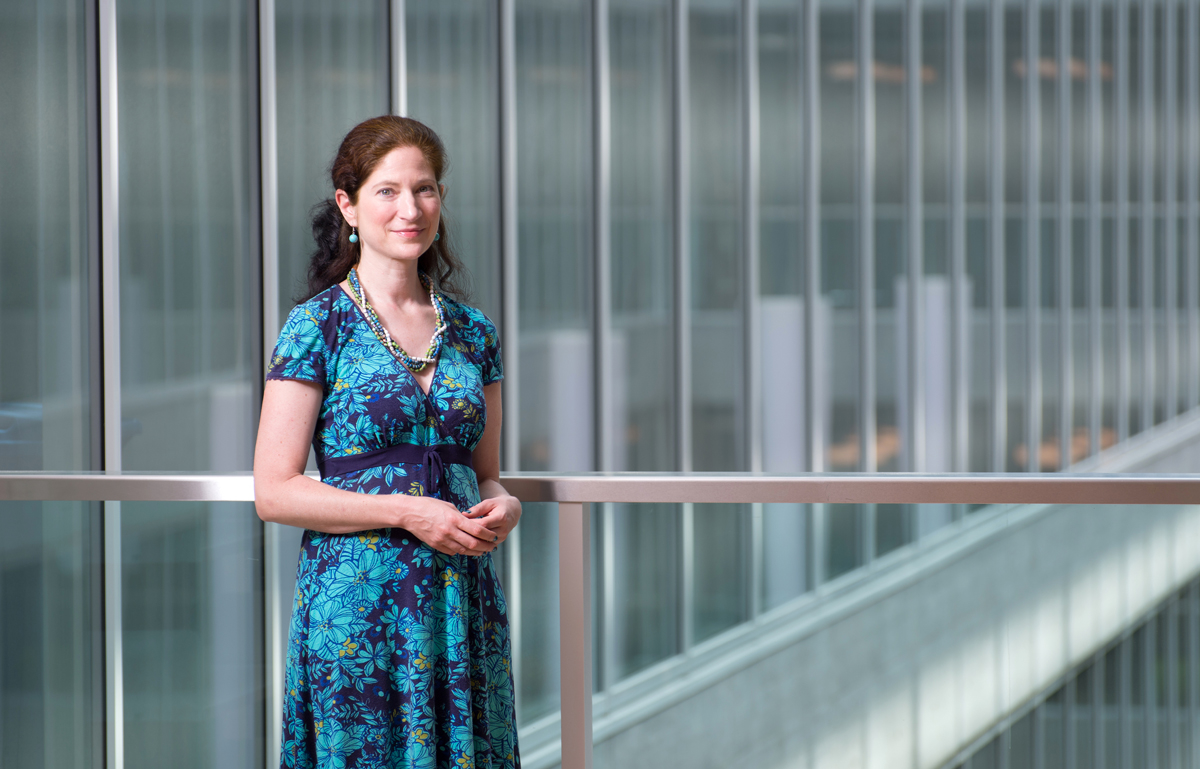Cette publication est également disponible en :
![]() Français
Français
The European Research Council has awarded funding to an ambitious ERC Synergy research-action project on the management by North and South societies of economic, political and social transitions toward and within a post-growth era. This 6-year, 10 million euro project, entitled “Post-Growth Deal” (REAL), led by three scientists – two from ICTA-UAB in Barcelona and one from UNIL in Lausanne. It aims to bring together radically new paradigms in ecological economics and new concrete practical developments on the ground.
The team consists of two scientists in Catalonia, Spain, and one in Lausanne, Switzerland: Prof. Giorgos Kallis at the Institute of Environmental Science and Technology of the Autonomous University of Barcelona (ICTA-UAB), Prof. Jason Hickel at ICTA-UAB and the Department of anthropology of the same University, and Prof. Julia Steinberger at the Institute of Geography and Sustainability of the University of Lausanne (IGD-UNIL).
This collaboration brings together a wide range of expertise, that no single researcher or team presently possesses in this emerging field:
- modelling of provisioning systems (Julia Steinberger),
- political economy and North-South relations (Jason Ηickel),
- politics of socio-environmental transformations (Giorgos Kallis).
The three awarded scientists propose a new transdisciplinary “5 pillars of post-growth” science. They draw on resource/energy modelling, political-economic and socio-political analysis to identify practical steps to bring the Post-Growth Deals to life. They will work with four representative communities to co-produce knowledge and action on the ground.
The goal here is a convergence between the global North and South of the globe, and within countries, to a level of resource use is sufficient for high human development and compatible with planetary boundaries.
Jason Hickel, ICTA-UAB
With this funding, the researchers will join their respective expertise to explore “how can dramatic reductions in energy and resource use be achieved, while at the same time ending poverty and ensuring decent lives for all”. Their aspiration? Proposing new models of politics, policies and provisioning systems in a post-growth direction, and engaging with development issues in the global South.
The “Post-Growth Deal” refers to the need for a new political and institutional compact between government and citizens, equivalent to the New Deal or welfare state, but geared around wellbeing security in an era of prolonged economic stagnation and unfolding climate breakdown. Achieving such a “Deal” requires new research, new data, and new models that the REAL project intends to develop.
It’s the first time that a project of such scale and scope is granted on the topic of post-growth. This is a recognition and validation of the efforts many isolated researchers have made for years – against general opposition, and with little institutional or financial support. It is an opportunity that carries significant responsibility.
Giorgos Kallis, ICTA-UAB
Julia Steinberger’s specific contribution to this project is particularly related to the first step: build the modelling of supply systems. The other aspects are based on joint developments with the two other Barcelona researchers.
This project is nothing short of revolutionary. It gives us what we think is the best chance to explore the transformative ideas necessary to protect humanity from the intertwined crises of the coming decades: to reorient our economies away from risky growth dependence, and toward human flourishing.
Julia Steinberger, Institute of Geography and Sustainability
What is your plan for the concretisation of “Post-Growth Deal”?
Julia Steinberger: Meeting our goal requires an ambitious transdisciplinary research program to explore what we call the 5 pillars of post-growth.
We will first determine the planetary space of possibilities, modelling the use of resources needed to live decently, and identifying how resources can be shared equitably between North and South.
Then we will develop post-growth policy packages capable of realizing these possibilities, both for the EU and for developing countries.
Next, we will investigate what kinds of alternative supply systems are needed to achieve good social outcomes with low levels of resource use. We will also explore the types of political movements that would be likely to realize post-growth visions.
Finally, we will explore the practical implementation through participatory planning.

Leave a Reply